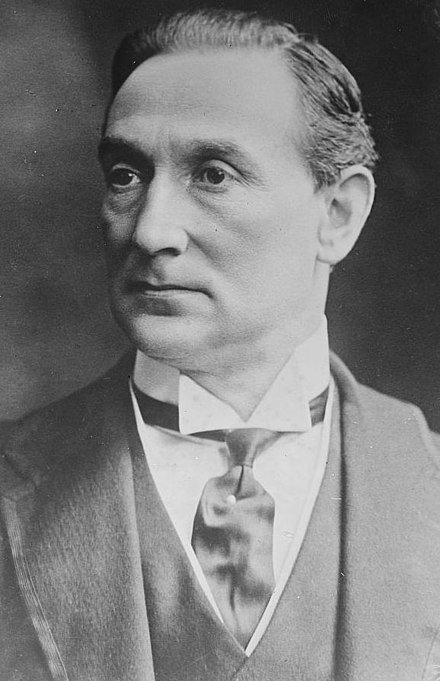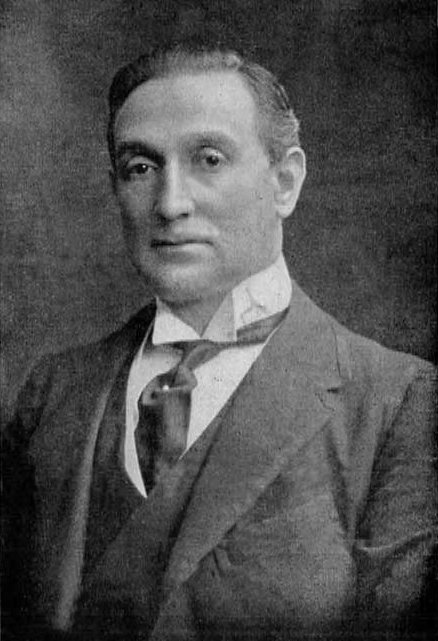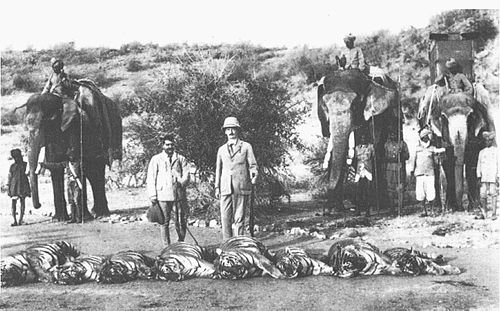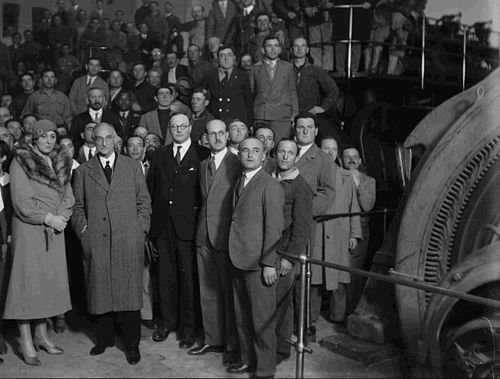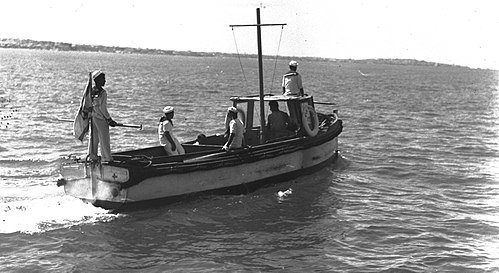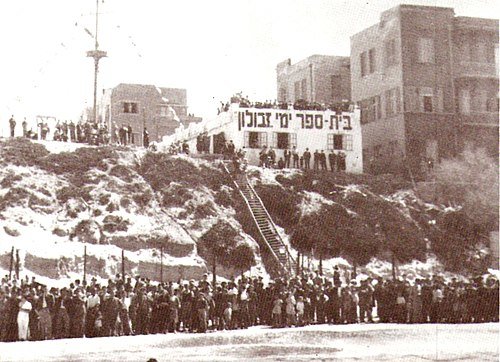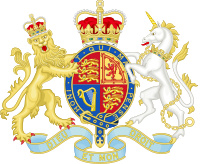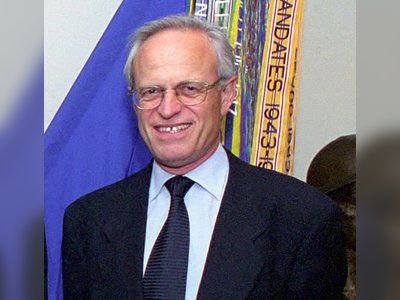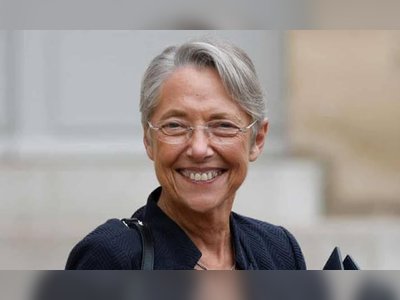Rufus Daniel Isaacs, 1st Marquess of Reading
Rufus Daniel Isaacs, the 1st Marquess of Reading, was a prominent Jewish-British politician and jurist who achieved high-ranking positions in the British government and earned prestigious titles. He was also an active Zionist who contributed to activities in the Land of Israel, including the establishment of the electric company and support for the revival of the Hebrew maritime force. His name is commemorated in Tel Aviv's Reading Power Station.
Early Life
Isaacs was born to a Jewish fruit merchant family in Spitalfields, London, in the Tower Hamlets district, in October 1860. At the age of 15, he joined the family business, initially working as a delivery boy and later becoming a stockbroker.
Legal and Public Career
In 1881, Isaacs joined the "Middle Temple," one of the four legal inns of court in London. As a successful barrister, he made a name for himself through a series of high-profile cases that captivated the British legal system in the early 20th century. In 1904, he entered the British House of Commons as a representative of the Reading constituency on behalf of the Liberal Party (defeating George William Palmer). He held this position until 1913.
During this period, he served as the Solicitor General for England and Wales and as the Attorney General in the governments of Sir Henry Campbell-Bannerman and Herbert Henry Asquith. In 1912, he became the first Attorney General to be considered a member of the Cabinet. In 1913, he became the Lord Chief Justice of England and Wales, a position he held until 1921.
In 1918, Isaacs was appointed as the British Ambassador to the United States, serving in Washington, D.C., until 1919, while still retaining his position in the Supreme Court. In 1921, he resigned from his position in the Supreme Court to become the Viceroy and Governor-General of India.
Despite his inclination toward a peaceful approach, he used force on several occasions, including suppressing the Ghandi-led Non-Cooperation Movement in 1922.
He briefly served as the Foreign Secretary in Ramsay MacDonald's government in 1931 but withdrew his candidacy for other positions due to his deteriorating health.
Isaacs resided at Foxhills House near Earley, England, and was elevated to the title of Baron Reading of Erleigh in the County of Berkshire in 1914. He continued to ascend the English nobility ranks: Viscount Reading in 1916, Earl of Reading in 1917, and finally, Marquess Reading in 1926. This was the highest rank ever achieved by a Jewish individual in British history. He changed his name to Rufus Daniel Isaacs, a name that is still carried by his male descendants to this day.
Zionism
Isaacs was also a well-known Zionist, and his friend Pinchas Rutenberg succeeded in enlisting him for activities in the Land of Israel. Alongside Alfred Mond and Herbert Samuel, Isaacs was the founding chairman of the Palestine Electric Corporation during the British Mandate over Palestine. The Reading Power Station in Tel Aviv is named in his honor.
In 1931, Isaacs and his wife visited Palestine to commemorate the inauguration of the Naharayim hydroelectric plant. During this visit, he became aware of the Hebrew maritime revival and personally met with young members of the maritime youth education program at the Zvulun School in Jaffa. Concerned about the potential environmental impact of the hydroelectric plant on the Yarkon River, which was used as an outlet to the open sea by the Zvulun maritime students, Isaacs reassured them that steps would be taken to prevent harm.
Since then, he, his wife, and their daughter actively supported the vision of the Hebrew maritime awakening, thanks in part to their close association with Lady Reading, Henrietta Diamond, who was a prominent patron of the Zvulun Association and the revitalization of the Hebrew maritime force.
Family
Isaacs' first wife was Alice Edith Cohen (1866-1930), the daughter of London merchant Albert Cohen. Alice and Daniel Isaacs married in 1887, and she became a barrister in the same year. Her title progressed in correspondence with her husband's titles: Baroness Reading in 1914, Viscountess Reading in 1916, Countess Reading in 1917, and finally, Marchioness Reading in 1926. They had a son named Gerald.
When Lord Reading was appointed to his role in India, he faced difficulties due to his first wife's deteriorating health. However, she encouraged him to accept the position, and despite her prolonged illness, she accompanied him to India, where she fulfilled her royal duties as his wife and devoted herself to extensive work, particularly in women's and children's issues in India.
In 1920, she was honored with the title of "The First Lady of the Order of the Crown of the British Empire" during the Indian Civil Disobedience Movement, and in March 1921, she was accepted as a "Companion of the Order of the Crown of India."
In the same year, she established a foundation named 'Women of India' and, in 1923, designated a week called the 'National Infant Welfare Week' dedicated to the cause. Simultaneously, she supported existing charities and philanthropic organizations. In 1924, she was awarded the "Kaisar-i-Hind Medal" in gold. She passed away from cancer in 1930. Their son Gerald married Eva Mond, the daughter of Alfred Mond, the first Baron Melchett.
Lord Reading's second wife was Stella Charnaud, who was the principal private secretary of the late Lady Reading. With her marriage to Daniel Isaacs, she became Marchioness Reading. She accompanied her husband on a second visit to Palestine in 1932 for the inauguration of the Haifa power station. During this visit, the first-ever "Sea Day" celebrations took place on the Zvulun Beach in Tel Aviv.
Stella, her daughter-in-law Eva, and their friend Lady Eva, Henrietta Diamond, who was the primary patron of the Zvulun Association and the Hebrew maritime revival, stood at the forefront of the Zvulun maritime school on the Karkur cliff and watched the maritime event. They were then joined by the first-year students of the maritime school and the youth maritime movements, including the "Agudat Yordei Yam Zvulun," Bnei Akiva, Maccabi, Tzofei Yam, and Hapoel in a sea parade of boats, sailboats, and rafts in the sea.
As a result of this experience, the women forged strong, long-lasting connections that supported the vision of the Hebrew maritime awakening and solidified their social ties in England to raise funds for the Zvulun Association and support its goals.
- רופוס דניאל אייזקס, המרקיז הראשון מרדינגhe.wikipedia.org
